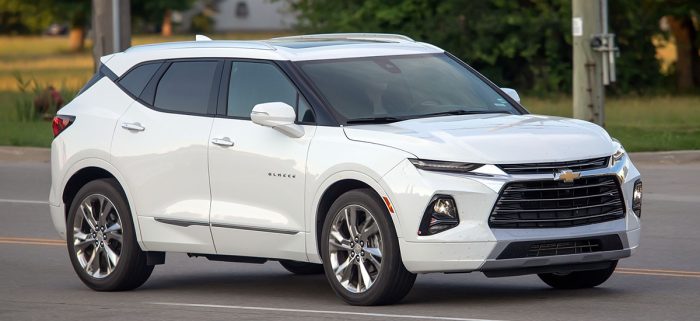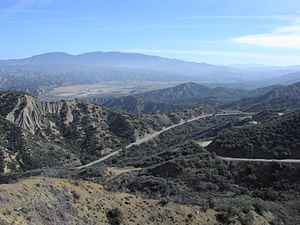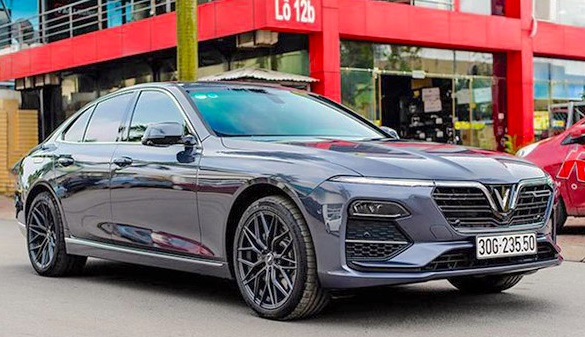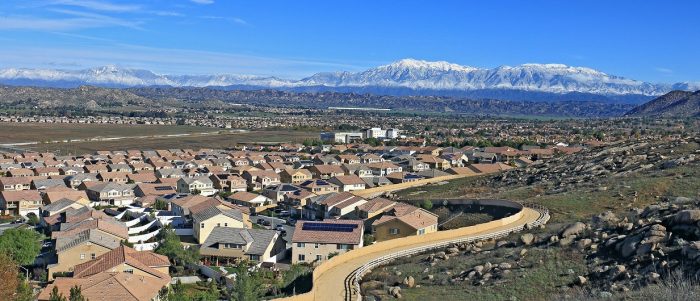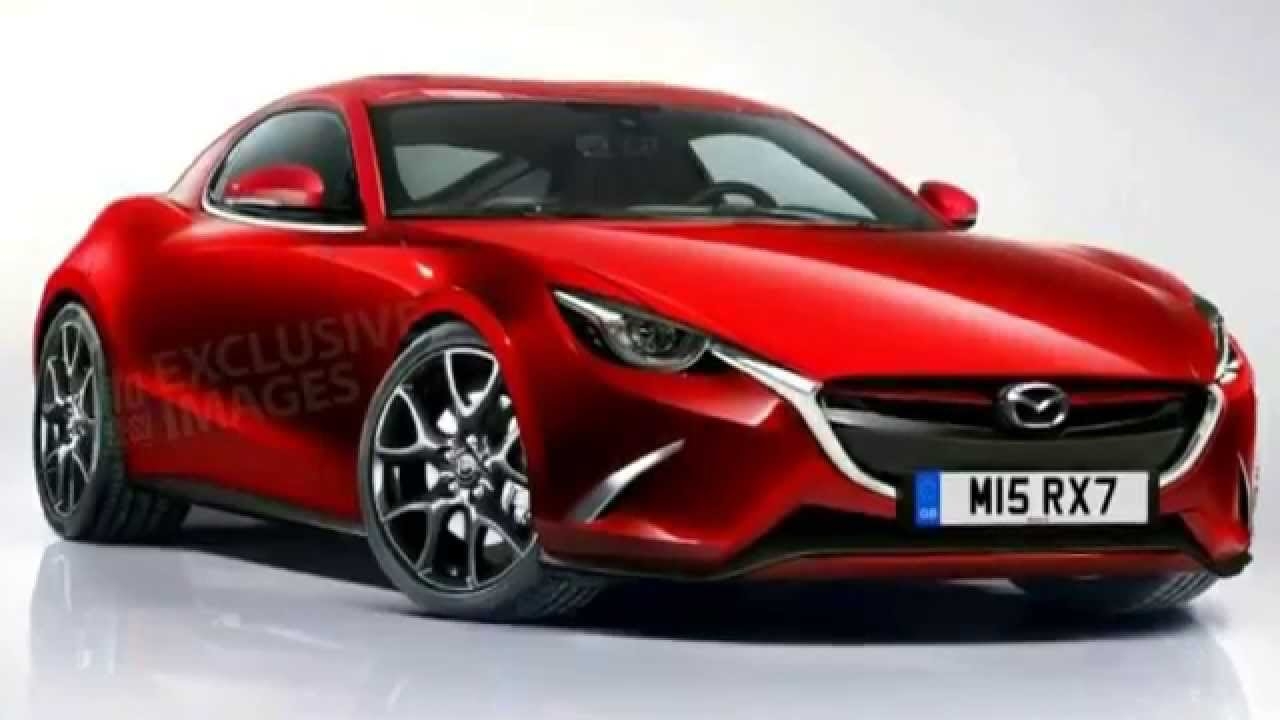Now Reading: Nevada to adopt stricter car pollution standards like California
-
01
Nevada to adopt stricter car pollution standards like California
Nevada to adopt stricter car pollution standards like California

Nevada’s governor on Monday said that his state plans to embrace California’s car pollution regulations, joining more than a dozen other states and pursuing against the Trump administration’s decision to weaken fuel efficiency standards.
Democratic Governor Steve Sisolak said Nevada will start working on new regulations to boost the number of electric and zero-emission vehicles sold in the state, together with rules to decrease air pollution and planet-warming greenhouse gas emissions from vehicles. The changes could be years away, according to the governor’s statement, which gave 2024 as the year for adoption.
“Now more than ever, it is important for Nevada to continue accelerating efforts to address climate change including capturing the many benefits of sustainable transportation options for Nevadans,” Sisolak stated. “Now is the time to set a new trajectory that will lead to healthier communities across the Silver State and establish Nevada as a leader in the clean transportation economy.”
The announcement comes three months after the Environmental Protection Agency (EPA) and Transportation Department issued new fuel-efficiency standards for cars and trucks, rolling back more ambitious
requirements imposed under President Barack Obama. The change was seen as a significant victory for the oil and gas industry, as it is expected to result in less efficient cars burning an extra 78 billion gallons of fuel.
In May, California and 22 other states took legal action against the administration, arguing that the rollback put the public’s health at danger and was based on flawed science. Nevada joined the lawsuit, allying itself with other states that have chosen to follow California’s stricter car pollution standards in place of the federal government’s standards.
Until now, 14 states and the District of Columbia have adopted California’s tailpipe emission standards, a group that represents over 40% of U.S. vehicle sales. Two other states — Minnesota and New Mexico — have announced they are thinking about joining and are in the process of writing regulations that will make them the 15th and 16th states.
California’s unique authority to go further than the federal government in imposing auto pollution regulations comes from the Clean Air Act.
According to the federal law, which took effect in 1970, Congress gave responsibility for setting federal vehicle pollution standards to the EPA. But it created an exception for California, which had already been fighting severe air pollution problems for years, saying that the EPA would be needed to grant the state a waiver to set its own rules, given they were at least as stringent as the federal ones. Other states could choose to adopt either California’s regulations or those set by the EPA.
Under Trump administration, the EPA revoked California’s authority to set more stringent fuel efficiency standards. The state, and almost two dozen others, sued the administration over the decision — a dispute that could ultimately land at the U.S. Supreme Court.
Stay Informed With the Latest & Most Important News
Previous Post
Next Post
-
![2026 Toyota Hilux EV: A Powerful Truck with Silent Torque]() 012026 Toyota Hilux EV: A Powerful Truck with Silent Torque
012026 Toyota Hilux EV: A Powerful Truck with Silent Torque -
![2027 Mercedes-Benz S-Class Debuts with V8 Engine [Photo Gallery]]() 022027 Mercedes-Benz S-Class Debuts with V8 Engine [Photo Gallery]
022027 Mercedes-Benz S-Class Debuts with V8 Engine [Photo Gallery] -
![The Financial Benefits of Corporate Fuel Cards for Fleet Management]() 03The Financial Benefits of Corporate Fuel Cards for Fleet Management
03The Financial Benefits of Corporate Fuel Cards for Fleet Management -
![What Are the Most Reliable Jaguar F‑Pace Parts to Maintain SUV Safety and Comfort?]() 04What Are the Most Reliable Jaguar F‑Pace Parts to Maintain SUV Safety and Comfort?
04What Are the Most Reliable Jaguar F‑Pace Parts to Maintain SUV Safety and Comfort? -
![Performance Toyota Hilux Clutch Kits: Are They Worth the Investment?]() 05Performance Toyota Hilux Clutch Kits: Are They Worth the Investment?
05Performance Toyota Hilux Clutch Kits: Are They Worth the Investment? -
![Spy Shots: 2027 Mitsubishi Pajero Spotted in Testing Ahead of Possible U.S. Return]() 06Spy Shots: 2027 Mitsubishi Pajero Spotted in Testing Ahead of Possible U.S. Return
06Spy Shots: 2027 Mitsubishi Pajero Spotted in Testing Ahead of Possible U.S. Return -
![What Is the Cheapest Ford Truck? A Guide to Affordable Ford Pickup Options]() 07What Is the Cheapest Ford Truck? A Guide to Affordable Ford Pickup Options
07What Is the Cheapest Ford Truck? A Guide to Affordable Ford Pickup Options

![2027 Mercedes-Benz S-Class Debuts with V8 Engine [Photo Gallery]](https://speedlux.com/wp-content/uploads/2026/01/2027-Mercedes-Benz-S-Class-33-700x394.jpg)










